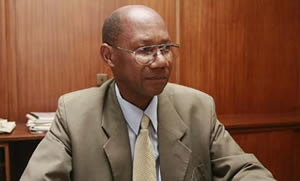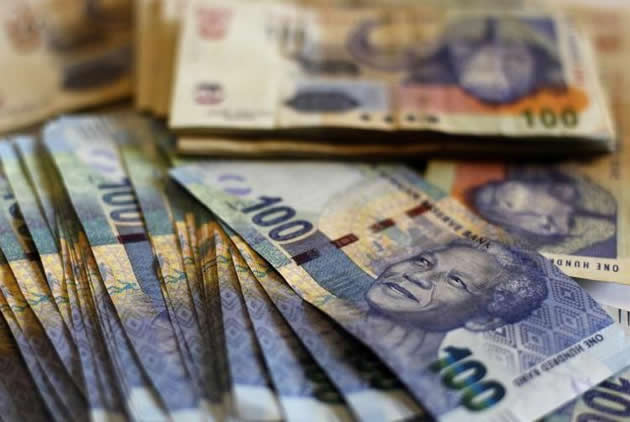As oil slumps, emerging markets bear the brunt

SINGAPORE. — Sentiment toward emerging-market assets turned more bearish as oil slumped below $36 a barrel and concern lingered that the slowdown in China will affect global growth.
Measures of developing-nation stocks and currencies fell for a third day last week, and were set for the biggest annual losses since 2011 and 1997, respectively.
“Weak oil is seen as symptomatic of weak global growth and there is an increasing realisation that next year is going to be tough,” said Tony Hann, the head of equities at Blackfriars Asset Management in London, who avoids energy stocks in favour of consumer-oriented assets.
At the same time, the Bloomberg Commodity Spot Index, a basket of commodities from gold to cotton,dropped 19 percent last year, the worst performance since 2008, when the financial crisis caused a 29 percent plunge.
Part of the reason has been the stronger greenback — up 9 percent in 2015 against a group of global currencies. Commodities are priced in US dollars making them more expensive for holders of other currencies.
All 24 emerging-market currencies in a basket tracked by Bloomberg have dropped last year except the Hong Kong dollar. Seventeen of them are forecast to decline in the fourth quarter as rising US interest rates spur capital outflows. South Africa’s rand and the Brazilian real each retreated at least 1,8 percent last Wednesday.
“Markets can quite clearly see that there doesn’t seem to be a durable positive impulse from the wider commodity markets, in particular oil,” said Vishnu Varathan, a Singapore-based economist at Mizuho Bank. “With the slightly firmer US confidence data, it’s a gentle reminder that the Fed may not be done hiking.”
The offshore yuan in Hong Kong depreciated to a five-year low of 6,6105 a dollar, before rebounding to 6,5711 per dollar, after China’s central bank cut the onshore daily reference rate to the weakest since 2011.
China has suspended at least two foreign banks from conducting some cross-border yuan business until late March, limiting their scope to profit from a widening gap between the currency’s exchange rates at home and abroad, according to people with direct knowledge of the matter. — Bloomberg.








Comments